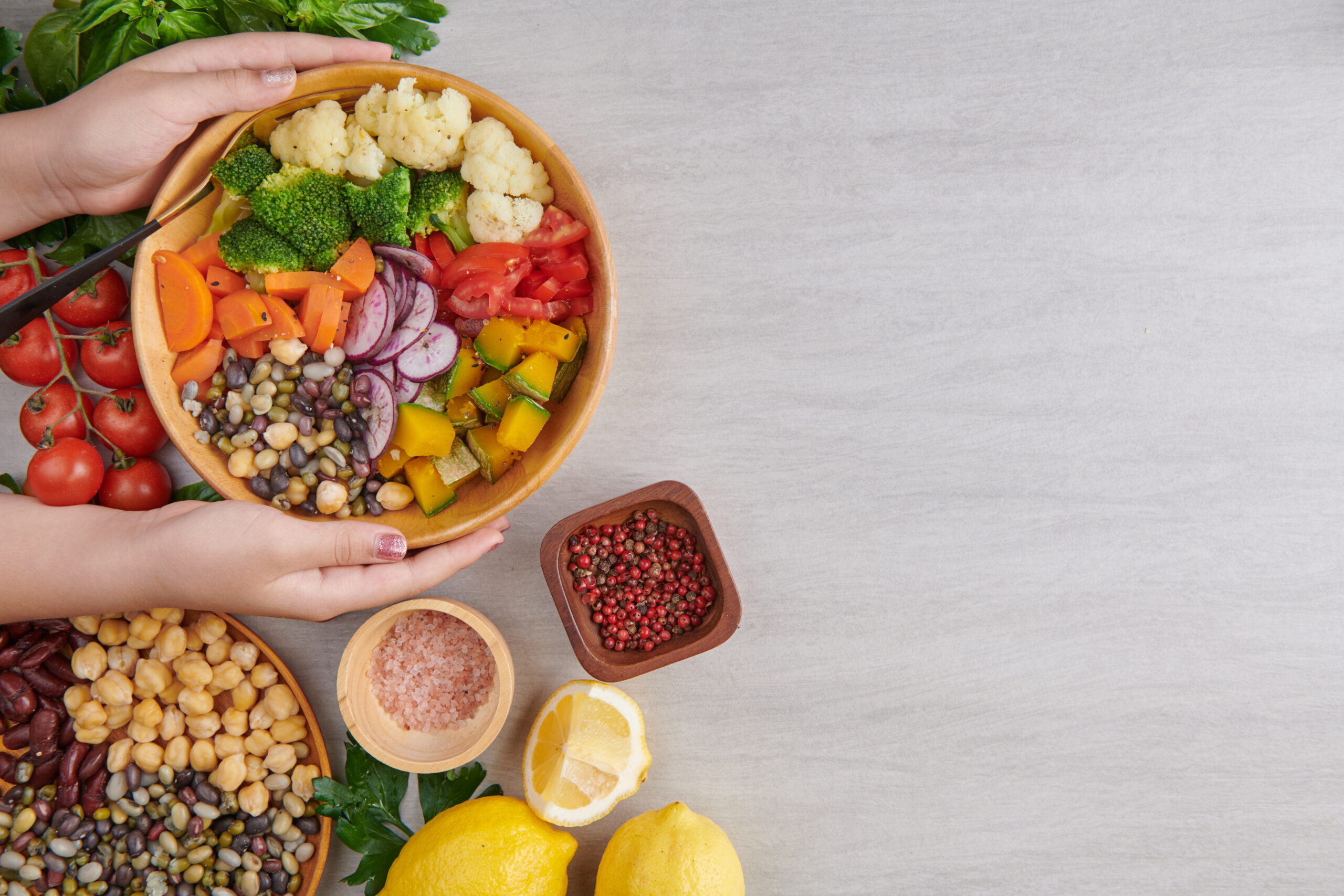The Role of Diet in Managing CKD
A kidney-friendly diet helps manage CKD by controlling sodium, protein, potassium, and phosphorus intake. Working with a dietitian ensures your meals support kidney health and overall wellbeing.
Chronic Kidney Disease (CKD) affects how well your kidneys work to filter waste, excess fluids, and toxins from your blood. While medical treatments are important, diet plays a crucial role in managing CKD and slowing its progression. What you eat can help protect your kidneys and improve your overall health.
Why Diet Matters in CKD
When your kidneys aren’t functioning properly, certain nutrients and minerals can build up in your body, causing complications. A kidney-friendly diet helps control these levels, reduces the strain on your kidneys, and supports your body’s needs.
Key Nutritional Goals for CKD
Limit Sodium (Salt): Too much salt causes fluid retention and raises blood pressure, which can worsen kidney damage. Aim to reduce processed foods, canned goods, and salty snacks.
Control Protein Intake: While protein is essential for your body, eating too much can increase waste that your kidneys must filter. Your doctor or dietitian will guide you on the right amount of protein to consume.
Manage Potassium Levels: Potassium helps your muscles and heart function, but in CKD, high potassium levels can be dangerous. Foods like bananas, oranges, potatoes, and tomatoes are high in potassium and may need to be limited.
Watch Phosphorus Intake: Excess phosphorus can lead to weak bones and heart problems. Avoid high-phosphorus foods such as dairy products, nuts, and certain sodas.
Stay Hydrated (But Not Too Much): Depending on your stage of CKD, your fluid intake may need to be adjusted. Your healthcare provider will help you find the right balance.
Work with a Dietitian
Every person with CKD has unique needs. A registered dietitian specializing in kidney health can create a personalized meal plan that fits your lifestyle, preferences, and medical condition. They can also help you navigate food labels and suggest tasty alternatives.
Practical Tips
Cook fresh meals using herbs and spices instead of salt.
Choose low-potassium fruits like apples and berries.
Limit processed and fast foods.
Drink fluids as recommended by your healthcare team.
Managing your diet is a powerful way to support your kidneys and improve your quality of life with CKD. Small, consistent changes in your eating habits can make a big difference. Always consult your healthcare team before making major diet changes—and remember, you’re not alone on this journey.
At CuraKidney, we are committed to guiding our patients with free nutrition counseling every step of the way. Visit us at the Ground Floor of Ayala Malls Feliz, Brgy. Dela Paz, Pasig City.


